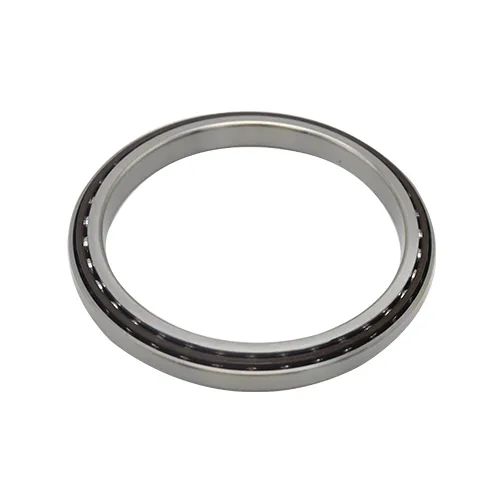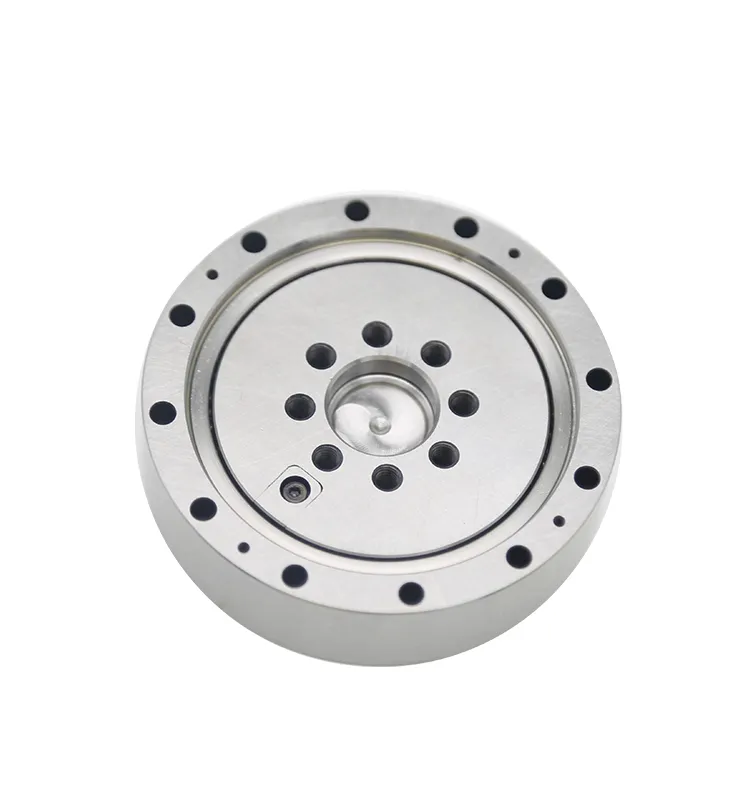As the core component of industrial robots, precision reducers are required to have the characteristics of short transmission chain, small size, high power, light weight and easy control compared with general reducers. There are two main types of reducers widely used in articulated robots: RV reducers and harmonic reducers.
RV reducer RV reducer has a large number of meshing gears at the same time, and has the characteristics of small size and light weight, as well as high rigidity and overload resistance; in addition, due to the absence of clearance, rotational vibration and small inertia, it has good acceleration performance, can achieve smooth operation and obtain correct position accuracy. Compared with harmonic reducers, the key to RV reducers lies in processing technology and assembly technology. RV reducers have higher fatigue strength, stiffness, life and high reliability. Its disadvantages are heavy weight and large size.

Harmonic reducers are used for industrial robots with small loads or several axes at the end of large robots. Harmonic reducers are a type of harmonic transmission device, which includes harmonic accelerators and harmonic reducers. Harmonic reducers mainly include: rigid wheels, flexible wheels, and harmonic generators, none of which can be missing. Among them, harmonic reducers are used in small robots, with the characteristics of small size, light weight, large load-bearing capacity, high motion precision, and large single-stage transmission ratio.
Harmonic reducer bearings include two types: rigid bearings and flexible bearings. Rigid bearings include four series, CSG (CSF) series, SHG (SHF) series, CSD series, and SHD series. The naming method adopts the naming of reducers; the flexible bearing is named HYR.


